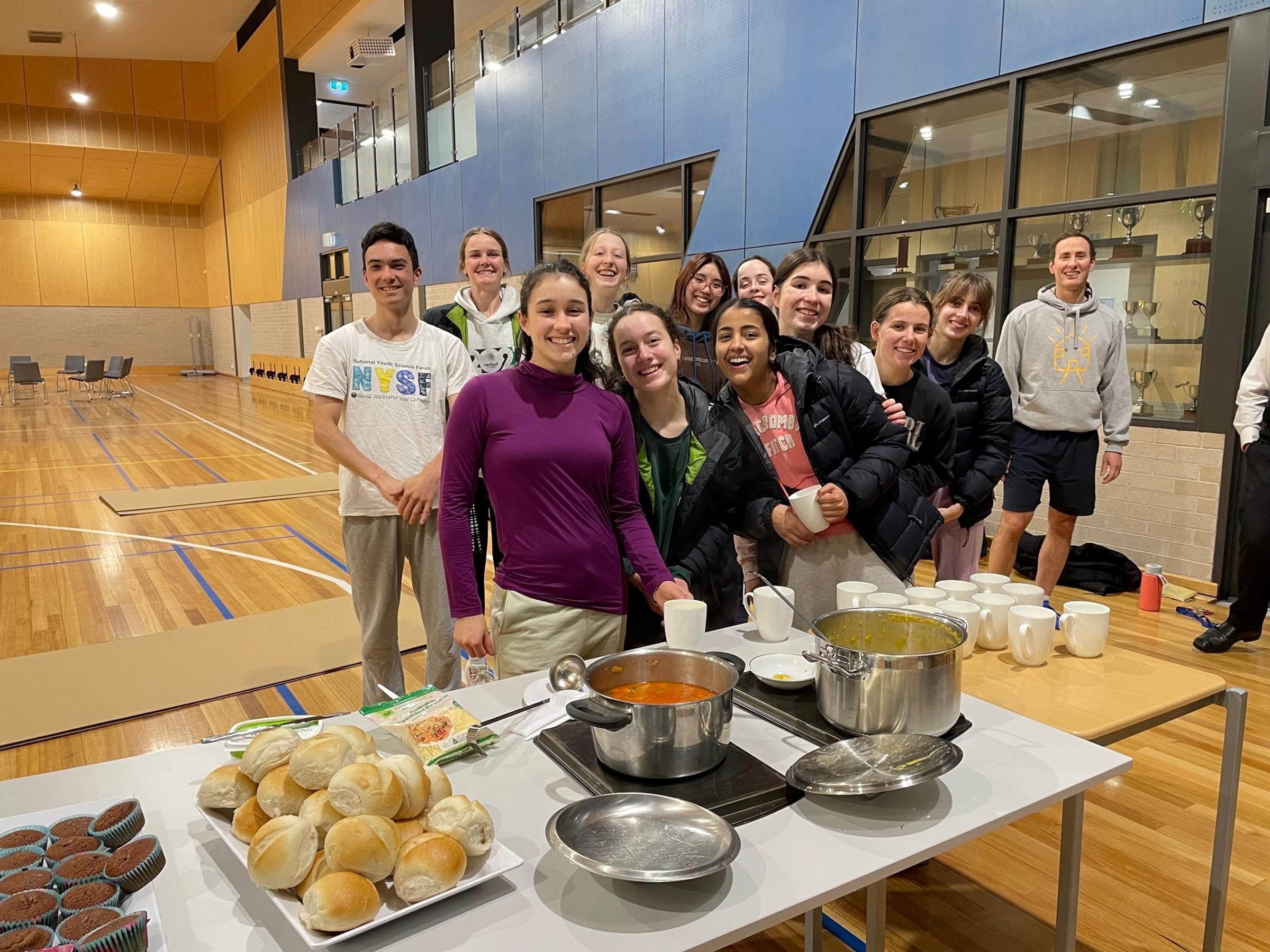Thoughts on resilience from our Pastoral Team

What is our Pastoral Team saying about resilience?
Building meaningful relationships with teachers or adults is an integral part of developing resilience. Our Pastoral Team, who drive the wellbeing of students with mentors, continue to go above and beyond to provide continuous support to our students.
Here are some reflections on resilience from some of our Pastoral Team.
Mark Williams, Dean of Wellbeing - Fysh
In order for us to actually build our resilience muscles, we have to learn how to face setbacks and challenging experiences.
As a school community, the onus is on us to create opportunities for students to experience discomfort and challenge while knowing that support is available when required.
‘Rescuing’ students who are reluctant to embrace - and grow through - discomfort (be it in the classroom, through Character Days, socially, on camp, etc) only robs them of an opportunity to develop resilience.
For instance, earlier this year we had difficulty in filling one of the Fysh relay teams at the House Swimming Carnival.
Students in that division were reluctant to push beyond their comfort zone. Thankfully, a student relented at the last minute and agreed to fill the final place on the team. He didn’t regret it! The team went onto to not only win the race, but to set a time record for the event.
His courage, in quite literally ‘taking the plunge’, provided a lasting memory and, more importantly, increased the likelihood he'll embrace future challenges.
Resilience results when personal agency and environment settings align to promote growth through challenge.
Nicola Whitfield, Dean of Wellbeing - Burman
Personally, I think that resilience is one of the most important traits that gets us through life. Over the eight years in my role as a Dean of Wellbeing for Burman, I have noticed ‘phases’ of need.
Currently many of the older students are struggling with balancing their academic studies with outside commitments such as work and sport. Pressure is building as assessments escalate and examinations approach.
I encourage resilience in these potentially overwhelming times by suggesting strategies such as: taking time out for social and emotional wellbeing; creating a study timetable and having an organised approach; and taking on high pressure situations with a mindset of not focusing on the end score or result, but on achieving personal best with the understanding that it's ok to make mistakes.
Resilience develops when we learn from our mistakes and focus on the bigger picture.
Nicolas Troitzky Pelletier, Dean of Wellbeing - Barrett
My recent experience of running the marathon in a one-day solo (1 mile on the hour 26 times in a row) is a good life analogy …
Life can sometimes be difficult,
Life can sometimes hurt,
Life can sometimes make you feel lonely,
Life can sometimes plunge you into darkness,
Life can sometimes make you feel like giving up,
Life can make you feel like a thick fog has settled.
Resilience is about persisting through these tough times,
having the belief that eventually the fog will lift
the sun will shine again,
that someone will be there to give you a helping hand
and that you will come out stronger.
Janet Woodlock, School Chaplain
In Year 7 RE, we start with a unit on what helps people to thrive. We discuss insights from The Resilience Project - on how practising Gratitude, Empathy and Mindfulness (GEM) can support mental wellbeing.
One of the activities we do to express empathy, is to complete six hours of community service. Over the semester, students have been cleaning up rubbish in the park, walking dogs for busy neighbours, cooking for others, and doing many more activities.
They often report it does make them feel good about themselves to help others. We also discuss insights from VIA strengths surveys. Students identify their top character strengths and reflect on how they can use and continue to develop these strengths into the future.
We also spend time reflecting on our self-talk, and on the many elements of wellbeing. I hope all of these activities have a part to play in supporting the resilience of our wonderful young people.
Jason Moloney, Year 9 Dean of Wellbeing
Year 9 is a critical juncture for young people in so many ways. It’s a stage of development with many changes and it can present unique individual challenges.
For this reason, it's imperative that we take the time to explicitly develop strong habits in training resilience.
Improving resilience by embedding the steps outlined can be key to preparing students for their VCE years, ensuring they are capable of bouncing back from setbacks and armed with a toolkit containing coping skills, self-regulation strategies and awareness of personal strengths.

